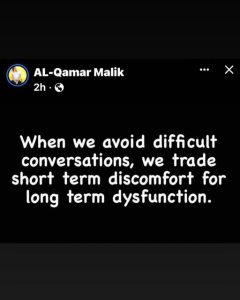
Most options have an element of pain to them. The trick is to pick your pain wisely as some options, like not exercising, appear to have less pain the the short term but are far more painful long-term.

Tom's Blog on Life and Livingness

Most options have an element of pain to them. The trick is to pick your pain wisely as some options, like not exercising, appear to have less pain the the short term but are far more painful long-term.
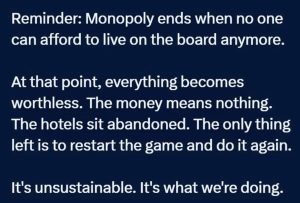
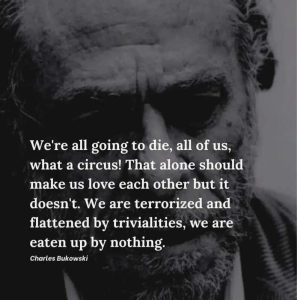
The truth is even more reason not to get eaten up by trivialities. The truth is that we are immortal, indestructible spiritual beings enjoying a mortal existence. The truth is that nothing can hurt you as a being unless you agree to being hurt.
My advice? Stop being so damned agreeable to being hurt! Enjoy the ride! Decide what game you want to play then play it!
The game you will enjoy most is one based on your basic purpose and for which you have a natural talent and suits your personality.
If you do not know what your basic purpose is in life, here are some tips to find it.
In chatting to many people I have been able to help them identify their basic purpose. It has always been a specialization of the desire to help.
I think the problem is that we are not taught to look for it, to recognize and pursue it. In many cases we are dissuaded from it – “You can’t make enough money doing that!”
If you would like some ideas on how to identify your basic purpose, here’s a blog post I wrote to help you:
How To Work Out Your Basic Purpose In Life
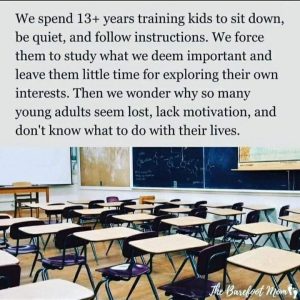
Close your eyes for a minute and envisage what it would be like if all kids were working on their basic purpose in life? Here’s a few techniques to help you do that with at least one of them.
In the new official video of the Women Wage Peace movement, Israeli singer Yael Deckelbaum sings the song “Prayer of the Mothers” alongside women and mothers of all religions, showing what music can change. An all-female event that is worth a thousand words.
Let’s add power to this movement, share it as much as you can!
Shalom Salam Peace


Professor Kerryn Phelps AM, former member for Wentworth and president of the Australian Medical Association, has stated on the record that COVID-19 vaccine side effects are SUBSTANTIALLY under reported.
In her submission to a parliamentary inquiry, Phelps broke ranks with the mainstream medical community by claiming that “the incidence of serious adverse reactions per vaccinated person could be more than 1-in-1,000”. She acknowledged that this is a CONSERVATIVE estimate, saying “an order of magnitude of under-reporting is not unreasonable to consider.”
She also accused regulators of censoring doctors during the pandemic, and suggested that claims that the vaccines were safe were made “without data.”
Professor Phelps was appointed a Member of the Order of Australia in 2011 for her services to health and medicine. She’s the furthest thing from a crackpot conspiracy theorist — so why have her statements been roundly ignored by the people in power?
A Pandemic Royal Commission will give experts like Professor Phelps an opportunity to challenge the official narrative. If you agree that our political leaders should be forced to answer for their actions during the pandemic, click ‘Learn more’ to join the 24,500+ Australians who have signed our petition!
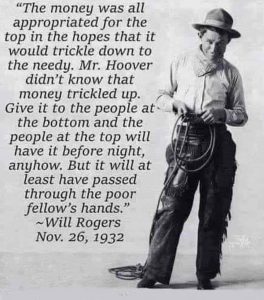

An article published in Psychology Today worth reading, by John Read PhD.
